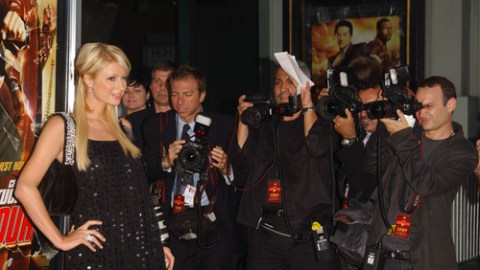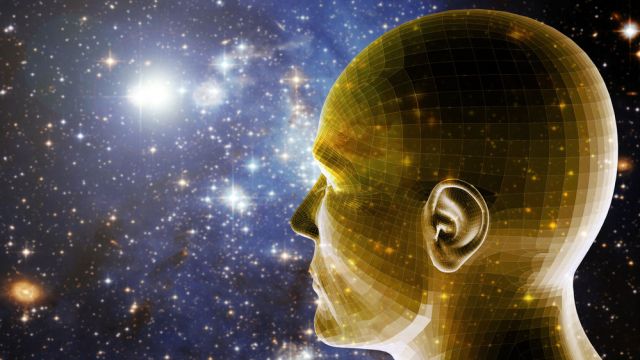Jack Myers: The Cult of the Celebutante is Over

In 1968, Andy Warhol made the now-famous prediction that “in the future, everyone will be world-famous for 15 minutes.” To put it another way, the “hierarchy of subjects worthy to be represented has been abolished,” which is how the art historian Benjamin H.D. Buchloh interpreted Warhol’s formulation. Thanks to YouTube and other social media outlets, the future is now. Anyone can achieve fame, even with limited talent and without traditional media support. In fact, eight out of ten children aged 7 to 13 believe they have a chance of becoming famous.
While our cultural attitudes about fame are changing, being an Internet celebrity, or cewebrity, is still a dubious career goal. As marketing guru Jack Myers points out, cewbrities who gain financial success are the exceptions; “the majority gain only fleeting fame with little financial reward.”
What’s the Big Idea?
Myers, the author of Hooked Up: A New Generation’s Surprising Take on Sex, Politics and Saving the World, tells Big Think that “Internet pioneers,” the generation of digital natives who grew up online, are the generation that finally eroded “the monopoly on star-making” that used to be controlled by film companies, record labels, radio stations and television networks.
“The Internet’s lower barrier for entry has changed the nature of who can become a celebrity and how a star is born,” Myers writes.
Cewebrities and Celebutantes
Myers points out that Britney Spears was perhaps the first celebutante. She launched her career before the commercial development of the Internet. Her fame and worldwide fan base was fueled by public breakdowns, affairs, drug abuse and “the viral distribution of shocking photos.”
A cewebrity (ceWEBrity), on the other hand, is someone who achieves fame “solely through a presence on the Internet,” Myers writes. LonelyGirl15, aka, Jessica Lee Rose, was perhaps the first Internet cewebrity. She posted videos confessing intimate details about her life. Then she was revealed to be an actress under contract with a Hollywood studio that was seeking to sell branded entertainment.
As consumers, Internet Pioneers have become savvy to such stunts. As a result, this generation values celebrity endorsements less. Myers tells Big Think:
They’re far less likely to put their faith in a celebrity as a role model because they’ve learned through their own experiences over the past 20 years not to do that, that you cannot trust celebrities as someone you necessarily want to follow. But by the same token, they’re very entertained by them and they’re kind of coming back to what a celebrity is supposed to ultimately do and that’s to entertain us as opposed to being a role model.
What’s the Significance?
Instead of following the tastes of celebrities, today’s Internet Pioneers care more about what their friends recommend, Myers says. “The ubiquity of celebrity social networking and cultural visibility is making celebrity status less relevant, interesting and economically viable.”
That is why today’s Internet Pioneers “are less likely to reward self-absorbed instant celebutantes” like Paris Hilton, Myers writes, “who depend more on sensation and controversy than talent.” Moreover, as fame becomes easier to achieve, it will become less desirable as a goal, “a commodity unworthy of [Internet Pioneers’] time, attention and money.”
Furthermore, as more people derive their income from careers that rely on public exposure, the cachet and economic appeal of simply being a celebrity will decrease. For instance, as being on Facebook and marketing yourself and your company becomes a work requirement — no matter what industry you happen to be in — social networking itself starts to lose its luster.
As Jaron Lanier has argued, “your reward for participating is reputation, karma, connections — and all those things are very real, but they’re not monetized.” So what’s the advantage of being on Facebook when everyone else is on Facebook? In short, it’s simply no longer that cool.
Watch Jack Myers on the “Internet Pioneer” generation here:
Image courtesy of Shutterstock
Follow Daniel Honan on Twitter @Daniel Honan





